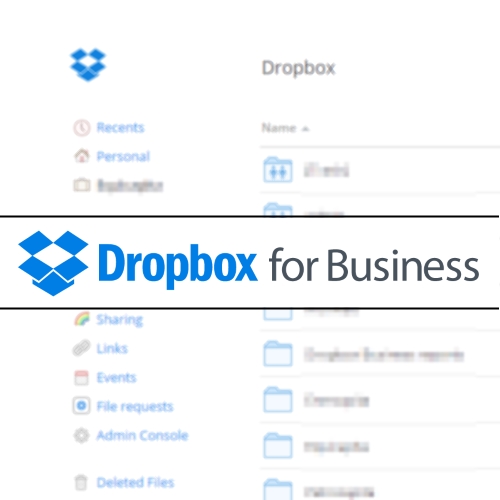
These Terms don't give us any rights to Your Stuff except for the limited rights that enable us to offer the Services. When you use our Services, you provide us with things like your files, content, email messages, contacts and so on ("Your Stuff"). If you're using our Services for an organization, you're agreeing to these Terms on behalf of that organization. By using our Services, you're agreeing to be bound by these Terms, and to review our Privacy and Acceptable Use policies. Our Privacy Policy explains how we collect and use your information while our Acceptable Use Policy outlines your responsibilities when using our Services. (It should be pointed out here that many cloud-storage products aimed at business customers, including Dropbox for Business and rival startup Box, already don't bother to cap the amount of data stored at all.Thanks for using Dropbox! These terms of service ("Terms") cover your use and access to the services, client software and websites ("Services") provided by Dropbox, Inc. Each offers its own version of storing, sharing, and syncing across desktop and mobile devices.

Google Drive and Microsoft OneDrive offer similar features to Dropbox, but until Wednesday, they were charging one-fifth the price. Dropbox Pro will also now include the ability for users to log into their Dropbox accounts via the web and wipe data from their Dropbox folders on individual devices if they're lost or stolen.īut it's hard to see how any new features could have sustained Dropbox's business in the long run if it continued to charge so much more than the competition. New features announced Wednesday for Dropbox Pro include a view-only option for shared folders and optional password protection and expiration dates for shared file links. On top of its basic functions, Dropbox has built a range of features, from file-sharing to photo galleries. >The competition becomes squarely about what each competitor can do, rather than how much users can upload.

And Dropbox likes to claim its syncing algorithms are faster and more reliable than anyone else's. Syncing files across devices is a very different problem than simply backing them up. Dropbox's namesake folder is so deceptively simple that it's easy to forget that you're interacting with a heavily engineered interface on top of a storage backend. So, if Dropbox isn't really selling storage, then what is it selling? Services.


 0 kommentar(er)
0 kommentar(er)
